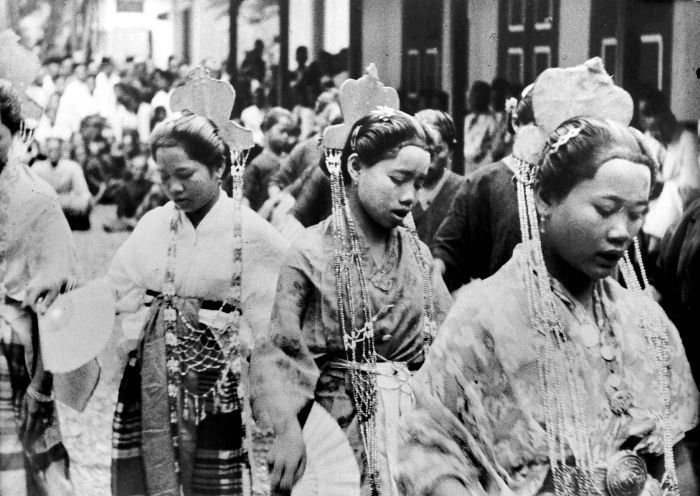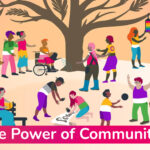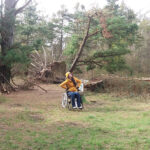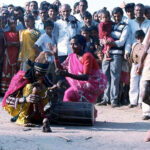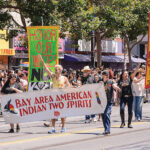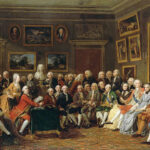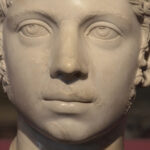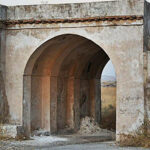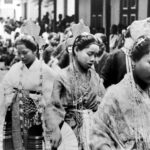The Bugis People’s Five Genders
The Bugis are proud, spiritual people from Indonesia and are considered great warriors and fantastic sea traders, however these are not the only reasons that make them stand out as a community. The Bugis people have a rather clever social gender structure that consists of five parts; in essence, five social genders.
The first two would be what we understand in the west to be ‘cis’, or people who were born with specific sexual characteristics, and who live and identify within the western idea of a gender role that matches that physicality. These would be makkunrai (comparable to cis/feminine women), oroané (comparable to cis/masculine men).
In addition to these, however, the Bugis people have three other societally accepted genders, namely Bissu, Calabai and Calalai. These additional three social roles offer a greater degree of diversity and understanding of gender within the Bugis community, which they believe keeps life and the world, ordered and in balance.
Calabai: A person considered Calabai by the Bugis society, would be someone who was born biologically male, but lives their lives in every way, as a cis heterosexual female within their system. This is a fully respected and accepted gender role, and Calabai are able to live their lives without any problem.
Calalai: As you may have already worked out, is in fact the polar opposite of someone who is Calabai, however the societal rules are the same. A person, considered Calalai, would be born biologically female, but would live their lives within Bugis culture as a cis, heterosexual male. Again, this is a fully accepted, and respected gender role.
Bissu: To be considered Bissu, an individual would embody both genders at the same time. We might call these people non-binary. Bissu people live without specifically taking preference over one gender or another, with both being just as important within the same person. Bissu individuals are considered spiritually powerful by the Bugis people, and often perform rituals to contact spirits. It is believed they are able to do this specifically because they possess all the qualities needed to be able to access the spirit world efficiently, knowing both male and female within.
The Bugis people believe the five gender system exists for a very specific reason, which is that, should anyone of the five genders not be present, then the world would cease to exist as we know it. It is, in fact, because they allow the five genders within their communities and spirituality, that the world is in balance. This system and way of looking at gender has no similarity within the western world, other than that of transgender individuals.
Trans individuals vary greatly, with the word encompassing just about every kind of gender diversity possible, however some parallels can be drawn between the Bugis system and the transgender community. It is with obvious great regret, that we as western individuals, in our western society, can not see past an arbitrarily imposed gender binary.
Imagine how happy life would be, if we accepted the kind of variations that makes the Bugis people entirely fascinating, and accepting of all, regardless of their societal role.
Image By Collectie Wereldmuseum (v/h Tropenmuseum), part of the National Museum of World Cultures, CC BY-SA 3.0, https://commons.wikimedia.org/w/index.php?curid=8605638


